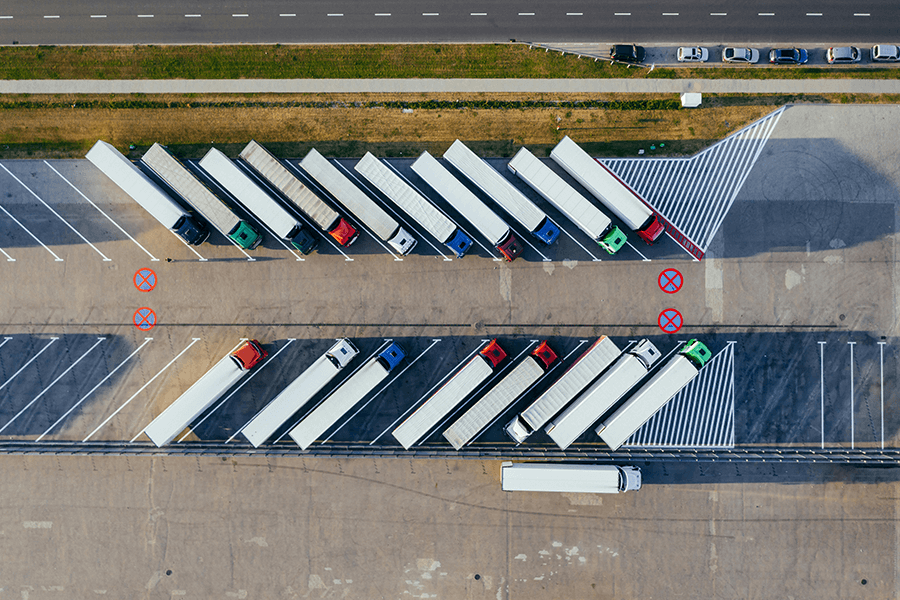Related Resources
A System Under Pressure
Arbitration and mediation were designed to be faster and more flexible than the courts, but even these alternatives are now feeling the weight of modern disputes. International trade, digital contracts, and cross-border disagreements bring immense volumes of information, tight deadlines, and higher expectations for fairness. What once promised speed and simplicity can now be slowed by the very complexity it was meant to avoid.
Where AI Makes the Difference
Artificial intelligence offers a way to relieve that pressure. In arbitration, vast collections of contracts, filings, and correspondence can be analyzed in hours rather than weeks. Natural language processing distills the core issues in a dispute into concise, digestible insights, while machine learning highlights the evidence most likely to matter. The technology is not making decisions on its own. Instead, it is lifting the administrative burden so mediators and arbitrators can devote their attention to judgment and negotiation.
Efficiency Beyond Document Review
The impact extends well past legal texts. Scheduling disputes that once delayed proceedings for weeks can be simplified by AI systems that reconcile calendars across multiple parties and jurisdictions. Real-time translation and transcription reduce language barriers, enabling smoother communication across borders. Even outcome prediction is becoming more sophisticated, with models that help parties weigh settlement options before positions harden. The result is a process that moves more quickly without losing its integrity.
Keeping Fairness at the Core
Speed is valuable, but it cannot come at the expense of fairness. Arbitration and mediation depend on trust, and AI must be implemented in ways that maintain that trust. Transparency in how algorithms reach conclusions is critical. So is safeguarding confidentiality and avoiding bias. Technology can assist with information and logistics, but the responsibility for equitable decisions remains firmly in human hands.
The Human Role Remains Essential
Empathy, persuasion, and the ability to build consensus are qualities that no algorithm can replicate. A mediator’s skill in restoring dialogue or an arbitrator’s judgment in weighing credibility cannot be automated. AI simply clears away the noise, making space for professionals to focus on what matters most: guiding people toward fair and lasting resolutions.
How Bronson.AI Supports Transformation
At Bronson.AI, we help legal organizations and arbitration bodies integrate AI responsibly. That begins with designing secure workflows where technology supports, rather than replaces, human expertise. It includes natural language models that condense evidence, cloud platforms that enable secure collaboration, and governance frameworks that guarantee fairness and compliance. By tailoring solutions to the needs of dispute resolution, we make sure AI strengthens processes rather than complicating them.
A More Accessible Future for Dispute Resolution
The promise of arbitration and mediation has always been accessibility. With AI, that promise can be renewed. Cases can be resolved faster and at lower cost, while maintaining the principles of fairness and transparency. The future of alternative dispute resolution will not be defined by machines taking over human roles, but by professionals equipped with better tools. Together, they can deliver outcomes that are both efficient and just.







